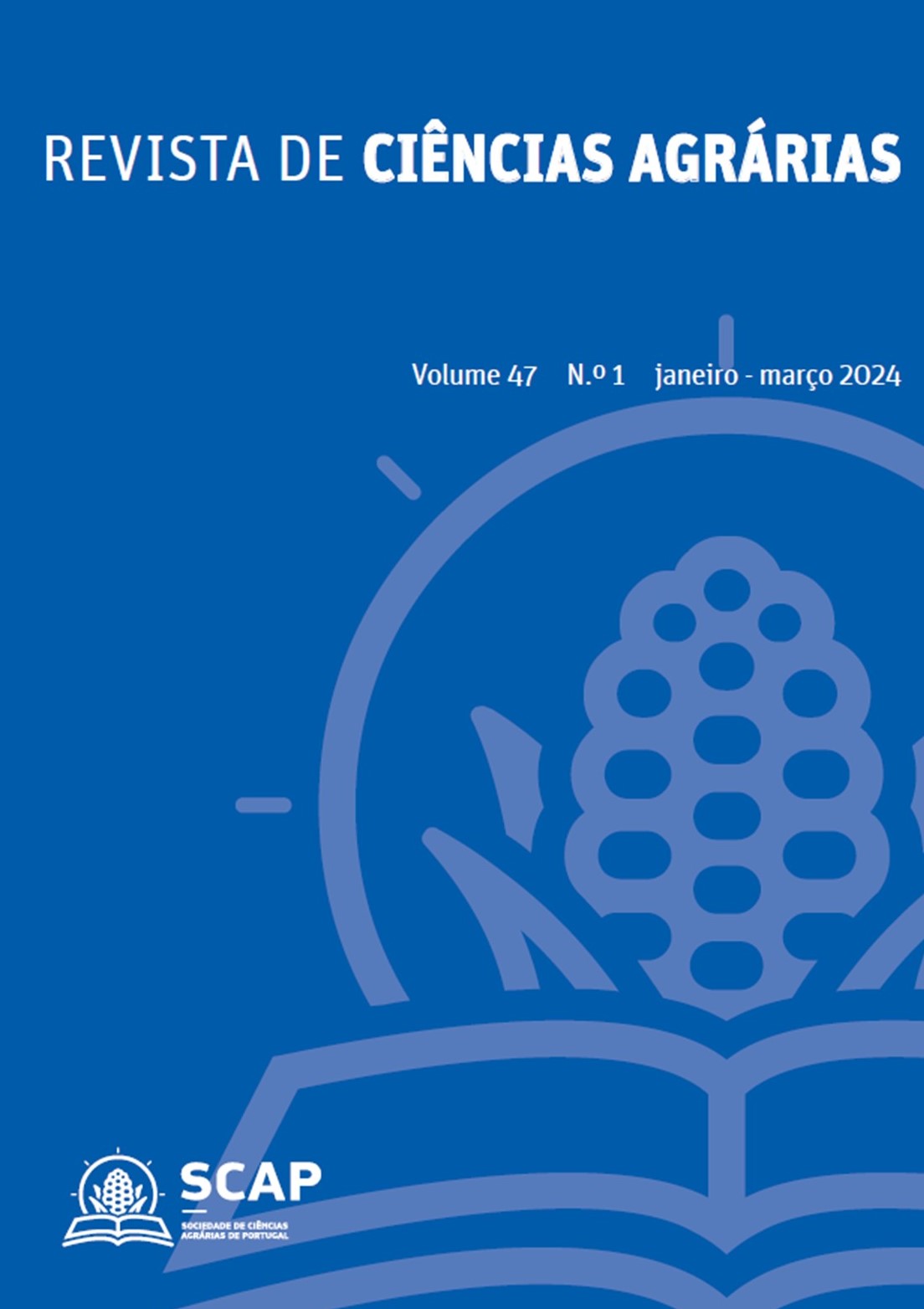What can we learn with herbicide use to match “Farm to Fork” goals. The state-of-the-art in the Península de Setúbal grapevine growers
DOI:
https://doi.org/10.19084/rca.34953Abstract
The European Union's "farm to fork" strategy sets out several objectives to be achieved by farmers, who, among others, aim to reduce the use of pesticides. The grapevine grower’s association of Palmela – AVIPE - has a role in providing technical support to farmers regarding the management of pests, diseases and weeds, nutrition, and irrigation. The goal of this work is to present the applied research of AVIPE on weed control and how it can be transferred to farmers. The use of glyphosate has been the main strategy to control weeds in the region. However, the increase in irrigated vineyards led to its growth, change in landscape and social perception of “bad work”. The vineyard rows were always tilled, mainly due to social pressure, as it could be considered “abandoned”. Since 2020, AVIPE has been performing trials with herbicides to demonstrate other possibilities for weed control. It started with the weeds’ identification, and a trial with active ingredient’ mixtures, followed by the evaluation of the results in May and August. Besides this trial, AVIPE has also the role of demonstrating better farming practices such as the impact of agricultural activities on soil microbiome, installation of the cover crops vs natural vegetation growth and the use of equipment for weeds’ mechanical control. To achieve better results, during the fieldwork farmers are invited to participate and comment. For the 2024 season, the assessment of herbicide residues on soil and the possible use of weed extracts to control pests are the main objectives of AVIPE.


